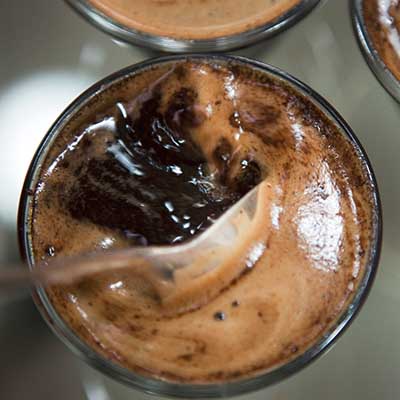
Venue: Coffee Consulate, Hans-Thoma-Straße 20, 68163 Mannheim
10:00 Satellite Workshop "Nagoya" (non-public session by invitation only)
"Conservation of Coffee Genetic Resources in Accordance with the Nagoya Protocol Framework"
Organized by Crop Trust, RD2Vision, ICC and Coffee Consulate supported bei ICO
::::::::::::::::::::::::::::::::::::::::::::::::::::::::::::::::::::::::::::::::::::::::::::::::::::::
Venue: Coffee Consulate, Hans-Thoma-Straße 20, 68163 Mannheim
Workshop on Advancing Coffee Genetic Resource Conservation and Exchange: Global Perspectives and Strategies
13:00 - 13:30 Christophe Montagnon
Welcome and introductions
Introduction to ABS issues in coffee
- Ambiguity of rules
- Need guidelines for action by governments
13:30 - 14:00 Sarada Krishnan
Coffee conversation strategy - background and priority actions
- Where we are and what needs to happen
14:00 - 17:00 Open discussion
Pathways to globalizing coffee collections:
- Best-praties for research on Coffee varieties
- Compiling a list on Nagoya- and non-Nagoya coffee varieties
- Building a global platform for exchange and use of coffee genetic resources
::::::::::::::::::::::::::::::::::::::::::::::::::::::::::::::::::::::::::::::::::::::::::::::::::::::
17:00 - 18:30 Break
::::::::::::::::::::::::::::::::::::::::::::::::::::::::::::::::::::::::::::::::::::::::::::::::::::::
Venue: Coffee Consulate, Hans-Thoma-Straße 20, 68163 Mannheim
18:30 - 22:00 Corporate Night at Coffee Consulate (free admission for registered conference participants)
Anna-Reiß-Saal - Museum für Weltkulturen | Reiss-Engelhorn-Museum (REM)
09:00 Introduction
09:10 Welcome Address
Vanúsia Nogueira
Executive Director of the International Coffee Organization (ICO)
::::::::::::::::::::::::::::::::::::::::::::::::::::::::::::::::::::::::::::::::::::::::::::::::::::::
9:20 SESSION 1
Anna-Reiß-Saal - Museum für Weltkulturen | Reiss-Engelhorn-Museum (REM)
Future Landscape of Multiple Coffee Species
(Session Chair: Steffen Schwarz)
- Genetic Material Exchange: Key for the Past, Present and the Future of Coffee Cultivars Improvement
Christophe Montagnon - Beyond the Orthodoxy: An Overview of the Potential of 'Other' Coffee Species for Crop Use and their Associated Challenges
Aaron P. Davis - Wild Coffea Species: A Modern Genomic Approach to Unravel Variations for Future Cultivated Coffee Improvement
Romain Guyot, Laura Gonzalez, Rickarlos Bezandry - Advancing Coffee Genetic Resource Conservation and Exchange: Global Perspectives and Strategies from the ICC 2024 Satellite Workshop
Sarada Krishnan, Steffen Schwarz, Dirk W. Lachenmeier, Christophe Montagnon
::::::::::::::::::::::::::::::::::::::::::::::::::::::::::::::::::::::::::::::::::::::::::::::::::::::
10:30 Coffee Break with Rare Species Cuptasting and Live Research Project on Sensory Coffee Preference Testing
Atrium Museum Peter & Traudl Engelhornhaus | Reiss-Engelhorn-Museum (REM)
::::::::::::::::::::::::::::::::::::::::::::::::::::::::::::::::::::::::::::::::::::::::::::::::::::::
11:30 SESSION 2
Anna-Reiß-Saal - Museum für Weltkulturen | Reiss-Engelhorn-Museum (REM)
Coffee Production’s Environmental Footprint
and Addressing EU Deforestation Regulation (EUDR)
(Session Chair: Massimiliano Fabian)
- A New Approach to Detecting Deforestation
Mark Furniss, David Browning - EUDR Coffee Check: A Tool to Support the Coffee Sector to Become Compliant with European Union Regulation on Deforestation-Free Products (EUDR)
Pia Rothe, Ilknur Celik Schoreels, Phuntsho Phuntsho, Jan Henke - Deforestation Regulation Open Platform (DROP): An AI-Driven Open-Source Platform for Economically Sustainable Coffee Production and European Union Deforestation Deforestation Regulation (EUDR) Compliance
Mirko Ilowski - The Kajve Initiative: Establishing a Holistic Intervention Model for Prosperous Smallholder Livelihoods and Sustainable Supply Chains
Filippo Maggioni, Rosa Inés Gonzalez Torres, Elisabeth von der Ohe - Pathways to Achieving Net Zero in Coffee Agriculture: Long-term Strategies for Emission Reductions
Wisse ten Bosch, Simon Fox
13:10 Lunch break
Atrium Museum Peter & Traudl Engelhornhaus | Reiss-Engelhorn-Museum (REM)
::::::::::::::::::::::::::::::::::::::::::::::::::::::::::::::::::::::::::::::::::::::::::::::::::::::
14:00 SESSION 3
Anna-Reiß-Saal - Museum für Weltkulturen | Reiss-Engelhorn-Museum (REM)
Advancements in Coffee Preparation and Business:
A Journey from Roasting to the Perfect Café Crème
(Session Chair: Dirk W. Lachenmeier)
- Freshly Roasted Coffee Reevaluated: Pilot Study on the Impact of Post-Roast Maturation on Sensory Experience
Yves Clément Zimmermann, Steffen Schwarz - Enhancing Competitiveness of Coffee Growers in Ituango, Colombia, through Science, Technology, and Innovation: “The Coffee Grower's Laboratory Initiative"
Marcela Martínez Castaño, Luis Esteban Pérez Pérez, Deisy Johana Gómez Quintero, Cecilia Gallardo Cabrera, Juliana Rojas Gallardo, María Alexandra Quirama Rivera, Gabriela Sánchez Betancur, Edilson Alexis Zapata Uribe, Claudia Patricia Posso Carvajal, Diana María Tabares Guevara, Andres Julián Tobón Agudelo, Juan Camilo Zambrano Sánchez, Juan Camilo Lopera Idarraga - Regional Variations in Italian Coffee Culture: Historical Influences and Contemporary Preferences for Robusta-Arabica Blends
Mariano Peluso - From Brando Cup: Innovations in Liberica Coffee Processing and Market Development in Sarawak, Malaysia
Kenny Wee Ting Lee
15:20 Coffee break with Liberica Cup Tasting
Atrium Museum Peter & Traudl Engelhornhaus | Reiss-Engelhorn-Museum (REM)
::::::::::::::::::::::::::::::::::::::::::::::::::::::::::::::::::::::::::::::::::::::::::::::::::::::
16:00 SESSION 4
Coffee and Health:
Exploring the Nutritional Impacts, Benefits, and Health Claim Substantiation
(Session Chair: Maria Dolores del Castillo)
- Designing Coffee for Health
Adriana Farah - Coffee Components and By-Products for Brain-Gut Axis Health
Raquel Abalo - Unveiling the Risk of the Coffee Consumption Associated with the Presence of Acrylamide. A Study on its Bioaccessibility
Marta Mesias, Cristina Delgado-Andrade, Francisco J. Morales - Decoding Coffee Cardiometabolic Potential: Structure-Health Function Relationships
Filipe Manuel Coreta-Gomes
::::::::::::::::::::::::::::::::::::::::::::::::::::::::::::::::::::::::::::::::::::::::::::::::::::::
17:30 End of lectures
18:00 - 19:00
Coffee is a special beverage and CEZA is a specialist laboratory for scientific analysis and a provider of modern analytics for geological, environmental and climate research as well as the construction, chemical and food industries. Our strengths are scientific analyses of cultural and consumer goods - such as coffee! You can find out exactly what we can investigate and how we do it during our guided tour of our laboratories. We open our doors to you and cordially invite you to join us.
19:00 Reception
Atrium Museum Peter & Traudl Engelhornhaus - Reiss-Engelhorn-Museum (REM)
9:00 SESSION 5
Anna-Reiß-Saal - Museum für Weltkulturen | Reiss-Engelhorn-Museum (REM)
Coffee in Transition
(Session Chair: Steffen Schwarz)
- Coffee Challenges 2024
Massimiliano Fabian - Managing Cancer Risk from Very Hot Beverages: Influence of Brewing Temperature on Sensory Characteristics of Coffee
Dirk W. Lachenmeier, Jéssika Morgado, Alessandro M. Batista, Adriana Farah - The Need of Coffee Companies for Disruption to Stay in the Market
Holger Preibisch
10:00
Anna-Reiß-Saal - Museum für Weltkulturen | Reiss-Engelhorn-Museum (REM)
CEO Think tank session – Brewing the Future
(Session Chair: Yves Zimmermann)
Round-Table Discussion #1 CEOs of manufacturers of piston coffee machines
- Melanie Aselmann (Managing Director Franke Coffee Systems Germany & Austria)
- Oliver Welschar (CEO Simonelli Group North Europe GmbH)
- Frank Rückl (Managing Director Provenero GmbH)
- Christian Matzke (CEO Reneka International)
Round-Table Discussion #2 CEOs of roasting companies
- Dr. Stefan Scholle (Experte eCommerce B2C Coffee, CEO / CMO roastmarket)
- Duje Dadic (Owner Dylan & Harper)
- Ralph Beranek (Managing Director, Seeberger GmbH)
- Ennio Cantergiani (R&D-Manager Carasso-Bossert SA)
::::::::::::::::::::::::::::::::::::::::::::::::::::::::::::::::::::::::::::::::::::::::::::::::::::::
11:00 Coffee break with Rare Species Cup Tasting and Live Research Project on Sensory Coffee Preference Testing
Atrium Museum Peter & Traudl Engelhornhaus | Reiss-Engelhorn-Museum (REM)
::::::::::::::::::::::::::::::::::::::::::::::::::::::::::::::::::::::::::::::::::::::::::::::::::::::
11:30 SESSION 6
Anna-Reiß-Saal - Museum für Weltkulturen | Reiss-Engelhorn-Museum (REM)
Sustainable Utilization of Coffee By-Products:
Challenges and Opportunities
(Session Chair: Adriana Farah)
- 5S Instant Cascara for a Sustainable Health
Maria Dolores del Castillo - Repurposing Fresh Coffee Husk into High-Nutritional-Value Fruit Spreads
Catalina Acuña-Gutiérrez, Anne Schlösinger, Alice-Jacqueline Reineke, Víctor M. Jiménez, Tania Chacón-Ordóñez, Oscar Acosta, Joachim Müller - Evaluation of Coffee Cherry Flour as a Functional Ingredient in Pastries
Alice-Jacqueline Reineke, Kristin Stadelmeyer, Catalina Acuña-Gutiérrez, Víctor M. Jiménez, Tania Chacón, Oscar Acosta, Joachim Müller - Coffee Leaves Valorization Through a Metabolomic Approach
Davide Rovelli, Ada Nucci, Bianca Serito, Chiara Dall'Asta
12:50 Kaldi Award
Anna-Reiß-Saal - Museum für Weltkulturen | Reiss-Engelhorn-Museum (REM)
(Session Chair: Steffen Schwarz)
13:20 Lunch break
Atrium Museum Peter & Traudl Engelhornhaus | Reiss-Engelhorn-Museum (REM)
::::::::::::::::::::::::::::::::::::::::::::::::::::::::::::::::::::::::::::::::::::::::::::::::::::::
14:00 SESSION 7
Anna-Reiß-Saal - Museum für Weltkulturen | Reiss-Engelhorn-Museum (REM)
Advancing Fermentation Techniques, Enhancing Processing Methods, and Green Bean Treatment
(Session Chair: Christophe Montagnon)
- Metabolomic Profiling of Cultured-Yeast and Spontaneously Fermented Coffees
Catherine Kiefer, Steffen Schwarz, Sascha Rohn, Philipp Weller - A New Post-Harvest Process of Upgrading Coffea canephora (Robusta) Coffee Beans
Ernest George Mhlanga - Mass Transfer of Dichloromethane from EU Retail Roast and Ground Decaffeinated Coffee into Prepared Beverages
Massimiliano Max Fabian, Oliver Süße-Herrmann, Gregory McGaffin, Johannes Hielscher
15:00 Coffee break with Canephora Cup Tasting
Atrium Museum Peter & Traudl Engelhornhaus | Reiss-Engelhorn-Museum (REM
::::::::::::::::::::::::::::::::::::::::::::::::::::::::::::::::::::::::::::::::::::::::::::::::::::::
15:30 SESSION 8
Anna-Reiß-Saal - Museum für Weltkulturen | Reiss-Engelhorn-Museum (REM)
Coffee Research: From Screening Methods to Sensory Profiles
(Session Chair: Dirk W. Lachenmeier)
- Non-Target Screening Approaches in Coffee Research–Opportunities and Challenges
Stefan Bieber, Thomas Letzel, Philipp Weller - Multi-Omics and Sensory Analysis of Coffea canephora: Assessing the Impact of Roasting Speed on Safety and Energy Efficiency
Sara Triachini, Pier Paolo Becchi, Terenzio Bertuzzi,
Ettore Capri, Mario Gabrielli, Luigi Lucini, Fosca Vezzulli - Mozambioside Degrades During Coffee Roasting into Newly Identified Pyrolysis Compounds with Lower Activation Thresholds for Bitter Receptors
Coline Bichlmaier, Antonella Di Pizio, Maik Behrens, Roman Lang - Determination of Chlorogenic Acid, Caffeine and Antioxidant Capacities in Turkish-Style Coffee Bean Samples
Haydar Özpınar, Johanna Rebekka Morche, Harshadrai M. Rawel - Democratizing Coffee Genetics: Outcomes of the “Coffee Genetic Discovery” Project
Christophe Montagnon, Bianca Serito
17:30 End of conference
https://sciforum.net/event/ICC2024/submissions/view
- Caffeine Crystal Growth on Roasted Coffee Beans Misidentified as Biological Spoilage
Francisco Velazquez Escobar, Reem Rushidan, Amer Ba Shuaib - Surveillance of Unregulated Caffeine Health Claims on Coffee and Other Foods–A Market Analysis
Katharina Höfflin, Veronika Kurz, Yvonne Köder, Kristina Schmied,
Verena Bock, Ann-Kathrin Kull, Dirk W. Lachenmeier - Valorizing Coffee Grounds: Bioactive Compounds and Innovative Technologies for Industrial By-Product Utilization
Jamal Ayour - Comprehensive Update on European Union Labeling Standards for Coffee and Its By-Products
Ann-Kathrin Kull, Dirk W. Lachenmeier - Navigating Climate Challenges: Strategic Spatial Modelling as a Proposal to Prepare for Coffea canephora var. Robusta Plantations in Colombia
Diego Alejandro Salinas-Velandia, William Andres Cardona, Carlos Eduardo Gonzalez Orozco, Gustavo Alfonso Araujo‑Carrillo4, Jarrod Kath, Eric Rahn, Vivekananda Mittahalli Byrareddy - Acrylamide Levels and Associated Health Risks in Traditional Arabic Coffee Roasts
Carmen Breitling-Utzmann, Steffen Schwarz, Dirk W. Lachenmeier - Towards a Crowdsourced, Digital Coffee Atlas for Sustainable Coffee Farming
- Smart Forests: Leveraging AI-Remote Sensing to Combat Forest Degradation and Carbon Loss in Ethiopian Coffee Landscape
Michelle Kalamandeen, Katja Weyhermueller, Johannes Priker - Development and Challenges of Taiwan’s Specialty Coffee Agriculture During and After the COVID-19 Pandemic (2020-2024)
Chih-Yu Tsai
More Information
Abstract
From 2020 to 2022, the global COVID-19 pandemic significantly impacted various industries, including the coffee sector. However, Taiwan's coffee agriculture, due to its outdoor and spacious environment, was relatively less affected by the pandemic. During this period, the industry capitalized on opportunities to invest in resources, further improving coffee cultivation quality and techniques. This paper explores the development of Taiwan’s coffee agriculture during the pandemic from an agricultural perspective, analyzes key factors affecting coffee quality and the challenges faced, and highlights Taiwan's participation in international coffee competitions and its future prospects.
1. Introduction
Over the past four years, the global COVID-19 pandemic has posed severe challenges to all sectors, including every link in the coffee supply chain. Although the pandemic limited social interactions and travel, Taiwan’s coffee agriculture remained relatively stable due to its outdoor farming environment. During this time, Taiwan made strides in enhancing coffee cultivation techniques and quality. While Taiwan has a long history of coffee cultivation, its modern development has been driven by the rise of the specialty coffee market. During this unique period, Taiwan’s coffee agriculture encountered both opportunities and challenges.
2. Background of Taiwan’s Coffee Agriculture Development
Taiwan's coffee cultivation dates back to the late Qing Dynasty, but its modern resurgence has been sparked by the global specialty coffee wave. As an island surrounded by seas, Taiwan possesses unique geographic and climatic conditions, including high altitudes, significant temperature variations, a humid and rainy environment, and the challenge of frequent typhoons. These factors have profoundly influenced coffee cultivation. Most coffee farms in Taiwan are located in mountainous areas at altitudes of 1000 to 1200 meters. During winter, temperatures can approach freezing, while summer temperatures rise significantly, creating conditions that foster the unique flavors of high-quality coffee beans. In terms of agricultural techniques, Taiwan’s limited arable land and dense population have historically favored precision farming. This agricultural background has directed Taiwan’s coffee industry towards producing high-quality beans, focusing on quality over scale. Taiwanese farmers actively adopt advanced agricultural techniques, including selecting premium coffee varieties, precise soil and water management, and farming methods adapted to local climatic features, such as optimizing drainage, ventilation, and typhoon resistance.
3. COE Cup of Excellence and Taiwan’s International Participation
As the Chairman of the Taiwan Coffee Industry Strategic Alliance and Chairman of the Taiwan Coffee Development Association, I have observed and actively participated in Taiwan's growth and breakthroughs in international specialty coffee competitions. The Cup of Excellence (COE), organized by the Alliance for Coffee Excellence (ACE), is the world’s most influential coffee quality competition and auction. Taiwan hosted the Taiwan PCA Green Bean Competition in 2021 and 2022, achieving remarkable results. This laid the groundwork for Taiwan to become the 17th region to host a COE event, successfully organizing the Best of Taiwan COE Pilot Auction in 2023, following COE’s highest standards.
4. Key Factors Affecting Coffee Quality
The success of Taiwan’s coffee agriculture is attributed to its unique natural conditions, advanced agricultural techniques, and the professional dedication of its farmers. The high-altitude climate provides ideal terroir, giving coffee beans a distinctive acidity and balanced flavor. As the Chairman of the Taiwan Coffee Industry Strategic Alliance, I have seen farmers refine their choice of varieties and cultivation techniques, such as the exceptional performance of the Arabica Geisha and SL34 varieties in high- altitude environments. Furthermore, the entire process from cultivation to harvest, post-harvest processing, and roasting is conducted to the highest standards, realizing a complete “seed to cup” supply chain.
5. Challenges and Future Prospects for Taiwan’s Coffee Agriculture
Despite Taiwan’s significant improvements in coffee quality, the industry still faces numerous challenges. Labor shortages and high labor costs are primary concerns, particularly during harvest seasons when the demand for labor surges. Additionally, financial constraints pose another challenge. Many small farms operate on limited acreage, requiring significant investments in equipment with unstable returns. The high cost and limited availability of arable land in Taiwan also hinder the expansion of coffee cultivation, affecting total production capacity. Regarding pests and diseases, the coffee borer beetle and coffee anthracnose remain ongoing threats, requiring more effective management and control measures. Furthermore, extreme weather events such as typhoons, high temperatures, and abnormal cold snaps can damage coffee trees, affecting overall yields. As Chairman of the Taiwan Coffee Industry Strategic Alliance and the Taiwan Coffee Development Association, I will continue to promote technological innovation, resource integration, and international collaboration to address these challenges and enhance the industry’s competitiveness.
6. Conclusion
During the COVID-19 pandemic, Taiwan’s coffee agriculture demonstrated remarkable resilience and potential for quality improvement, particularly through its outstanding performance in the COE competitions, further solidifying Taiwan’s position in the global specialty coffee market. Despite challenges such as labor shortages, financial constraints, limited land, and climate issues, Taiwan’s coffee agriculture continues to show strong adaptability and growth potential through continuous innovation and technological advancement. In the future, we will remain committed to enhancing Taiwan’s international competitiveness in coffee and driving the industry toward high-quality and internationalization, ensuring that Taiwan’s coffee plays an increasingly prominent role in the global market.
Event Chairs
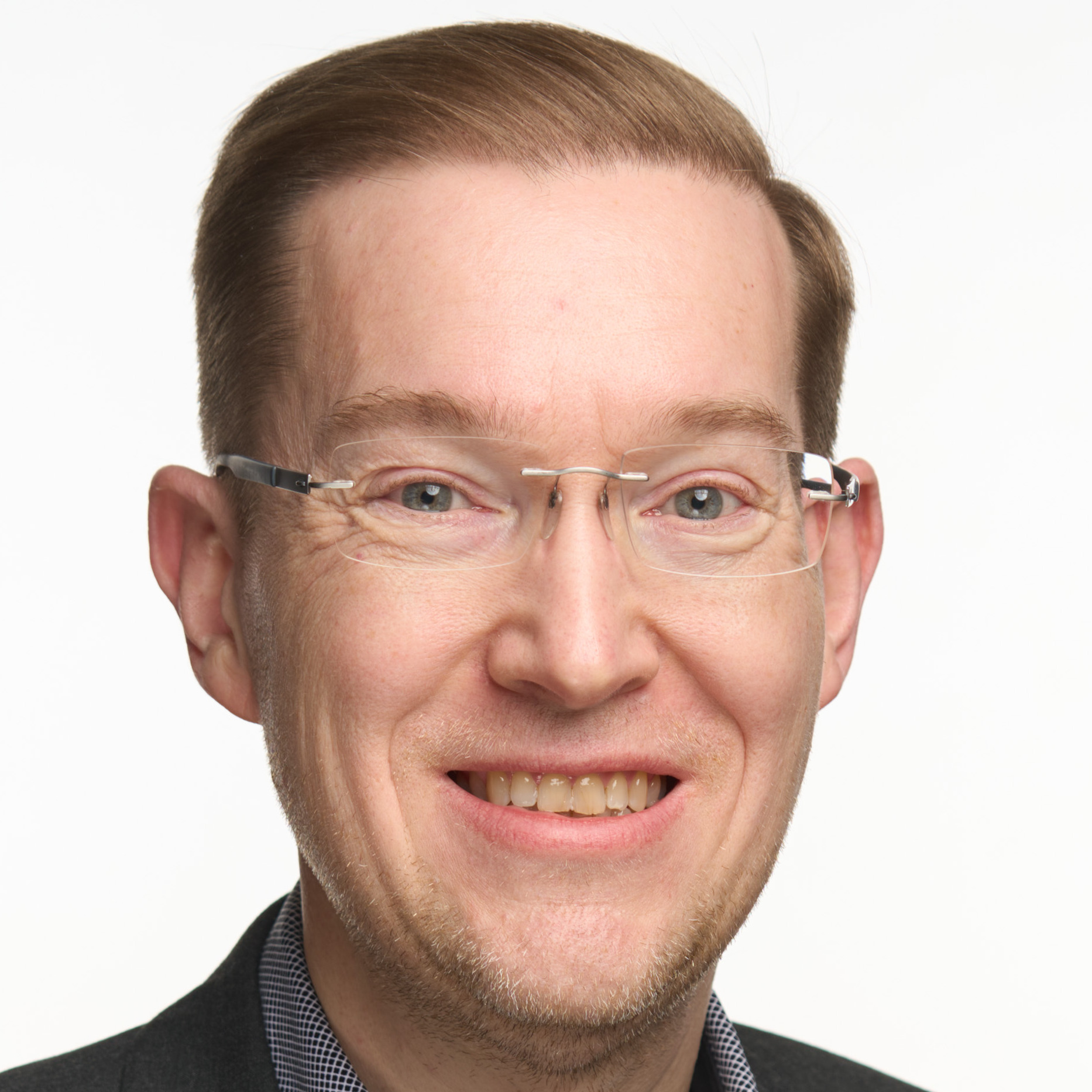
Dr. Dirk Lachenmeier
More Information
Dr. Dirk W. Lachenmeier heads the Department of Plant-Based Foods at the Chemical and Veterinary Investigation Agency (CVUA) in Karlsruhe, Germany, which includes the Official State Coffee Control Laboratory. His work encompasses coffee safety, analytical chemistry, and health risk assessment of coffee constituents and by-products. Dr. Lachenmeier is a member of the DIN Standards Committee Coffee and has regularly contributed to the WHO IARC monographs program. He is also a member of the German Research Council (DFG) Senate Commission on Food Safety Working Group on Food Constituents. Dr. Lachenmeier's expertise covers regulatory aspects of coffee, including labelling requirements and the evaluation of health claims. With a PhD in Forensic Toxicology from the University of Bonn, he has published on chemical analysis of coffee and its by-products, their potential health effects, and analytical methods for quality control. His work contributes to the development and implementation of coffee quality and safety standards, as well as the exploration of sustainable practices in coffee production and processing.
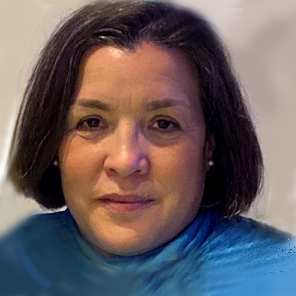
Prof. Dr. María Dolores del Castillo
More Information
Prof. Dr. Maria Dolores del Castillo is a Senior Researcher at the Institute of Food Science Research (CIAL), part of the Spanish National Research Council (CSIC), where she has worked since March 2010. Based in Madrid, Spain, she is part of the Department of Bioactivity and Food Analysis. Her expertise spans several fields, including insulin resistance, biochemistry, food chemistry, and biotechnology. She is skilled in food processing, nutrition, chromatography, and protein analysis, contributing significantly to food science and technology research.
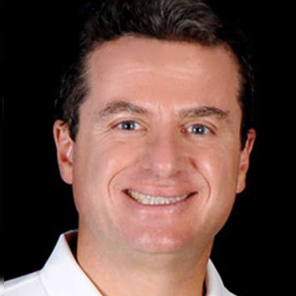
Dr. Massimiliano Fabian
More Information
Dr. Massimiliano Fabian is a seasoned coffee entrepreneur and Vice President of the European Coffee Federation since May 2024. He is the CEO of Demus SpA, specializing in decaffeination and coffee-related processes. Fabian holds a degree in Economics and Business Management from the University of Trieste and is fluent in Italian, English, French, with proficiency in Portuguese and Spanish. He has held numerous leadership roles in coffee associations and is the Honorary Consul of Cameroon for the Friuli Venezia Giulia region. 2022-2023 he served as the Chair of the International Coffee Organization and is a registered Coffee Technician and Arbiter at the Trieste Chamber of Commerce. Fabian is also an active Rotarian in Trieste Nord.
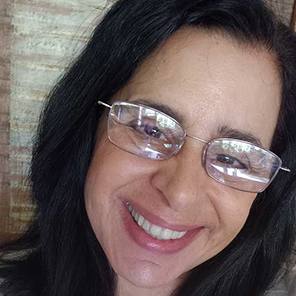
Prof. Dr. Adriana Farah
More Information
Prof. Dr. Adriana Farah is a Brazilian academic and researcher known for her work in food science, particularly in the area of coffee chemistry and bioactivity. She is affiliated with the Federal University of Rio de Janeiro (UFRJ) at the Institute of Nutrition, where she conducts research on coffee composition, technology, and sensory aspects from crop to cup and the health implications of coffee consumption. Farah has contributed to several academic publications on these themes. Her work is significant in understanding how coffee can affect human health, especially considering its widespread consumption.
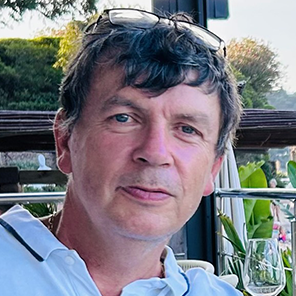
Dr. Christophe Montagnon
More Information
Dr. Christophe Montagnon is a PhD-level expert in coffee research and the founder of RD2 Vision. With a career spanning close to 4 decades, he worked from October 1989 to October 2014 as a coffee geneticist at CIRAD (Centre de Coopération Internationale en Recherche Agronomique pour le Développement), focusing on the development and improvement of coffee species. His deep expertise in coffee genetics has made significant contributions to the field of agronomy and coffee science.
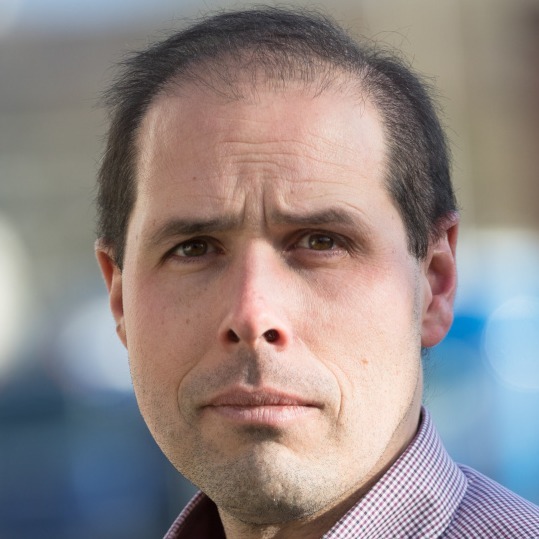
Dr. Steffen Schwarz
More Information
Dr. Steffen Schwarz, holding a Doctor of Medicine degree, is actively involved in coffee research at Coffee Consulate. His work covers various aspects of coffee science, including cold brew extraction, sensory analysis, water composition, and the use of coffee byproducts such as coffee leaves, cherries, and silver skins. He also focuses on roasting processes, particularly the formation and degradation of acids, coffee taxonomy, and processing techniques. Dr. Schwarz has built an international collection of coffee varieties and species and possesses expertise in sensory evaluation, food processing, microbiology, and post-harvest technology.
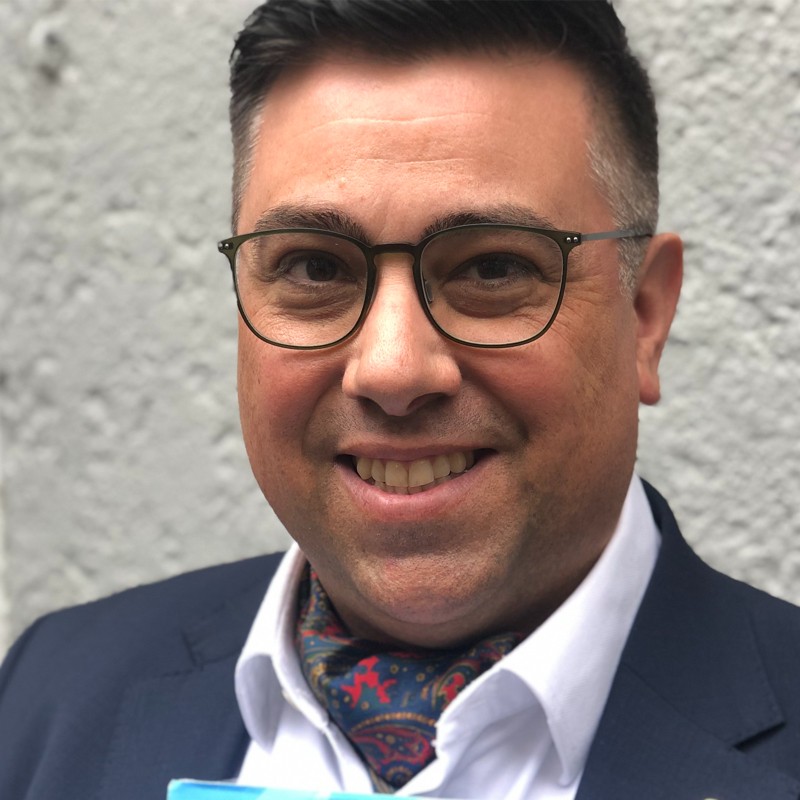
Prof. Dr. Yves C. Zimmermann
More Information
Yves Clément Zimmermann studied business law in Heidelberg and Saarbrücken (LL.M.), business administration with an emphasis on logistics in Ludwigshafen (MBA) and earned a Ph.D. with honours in economics from Andrássy University in Budapest. During his career as CEO of two medium-sized companies in the tourism and hospitality industry, he developed a strong affinity for system catering, complemented by a particular passion for the world of coffee. He is currently a substitute professor for Food Service at the Faculty of International Business at the University of Heilbronn (HHN). He is researching coffee-related topics and writing a book on the business fundamentals of foodservice.
Keynotes
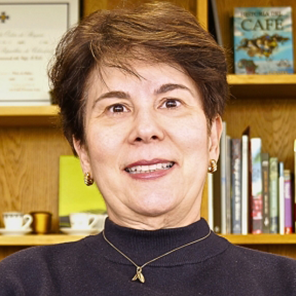
Dr. Vanúsia Nogueira
More Information
Dr. Vanúsia Nogueira has been the Executive Director of the International Coffee Organization (ICO) since May 2022. In this role, she leads the organization in promoting global cooperation among coffee-producing and consuming countries, addressing key issues like sustainability, market transparency, and the economic development of the coffee sector. Her leadership plays a crucial role in shaping international coffee policies and supporting the long-term growth of the industry.
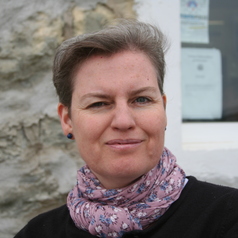
Prof. Dr. Raquel Abalo
More Information
Prof. Dr. Raquel Abalo is a distinguished professor of pharmacology at the University Rey Juan Carlos (URJC) in Spain. She has been a full professor since 2017 and has coordinated the pharmacology and nutrition area at the university (2018-24). Additionally, she serves as the coordinator for the PhD Program in Health Sciences (2021-). Her research focuses on gastrointestinal motility, visceral pain, and the brain-gut axis, with a significant interest in the therapeutic effects of cannabinoids and how they influence gastrointestinal disorders. Dr. Abalo has contributed extensively to the field, publishing works on the impact of chemotherapy-induced gastrointestinal issues and neuropathic pain management. She holds a PhD from the Universidad Complutense de Madrid and has received several accolades throughout her academic career, including a prestigious national award for her undergraduate work in biological sciences.
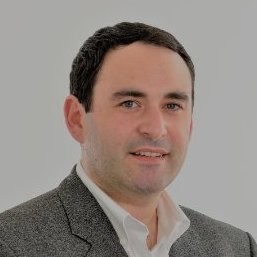
Dr. Filipe Manuel Coreta-Gomes
More Information
Dr. Filipe Manuel Coreta-Gomes is a researcher in food chemistry and biochemistry, specializing in the development of functional food ingredients with health benefits, particularly in the area of cholesterol management. He is affiliated with the Laboratory for Green Chemistry (LAQV) within REQUIMTE, a leading Portuguese research center focused on sustainable chemistry. His research explores how bioactive compounds, especially those from coffee and mushrooms, can influence cholesterol absorption and homeostasis in the human body. Dr. Coreta-Gomes has worked extensively on the hypocholesterolemic properties of coffee compounds and polysaccharides. He investigates how different food compounds interact to reduce cholesterol levels and improve cardiovascular health. His studies involve exploring the molecular mechanisms behind these effects and the potential applications for creating functional foods with health-promoting properties.
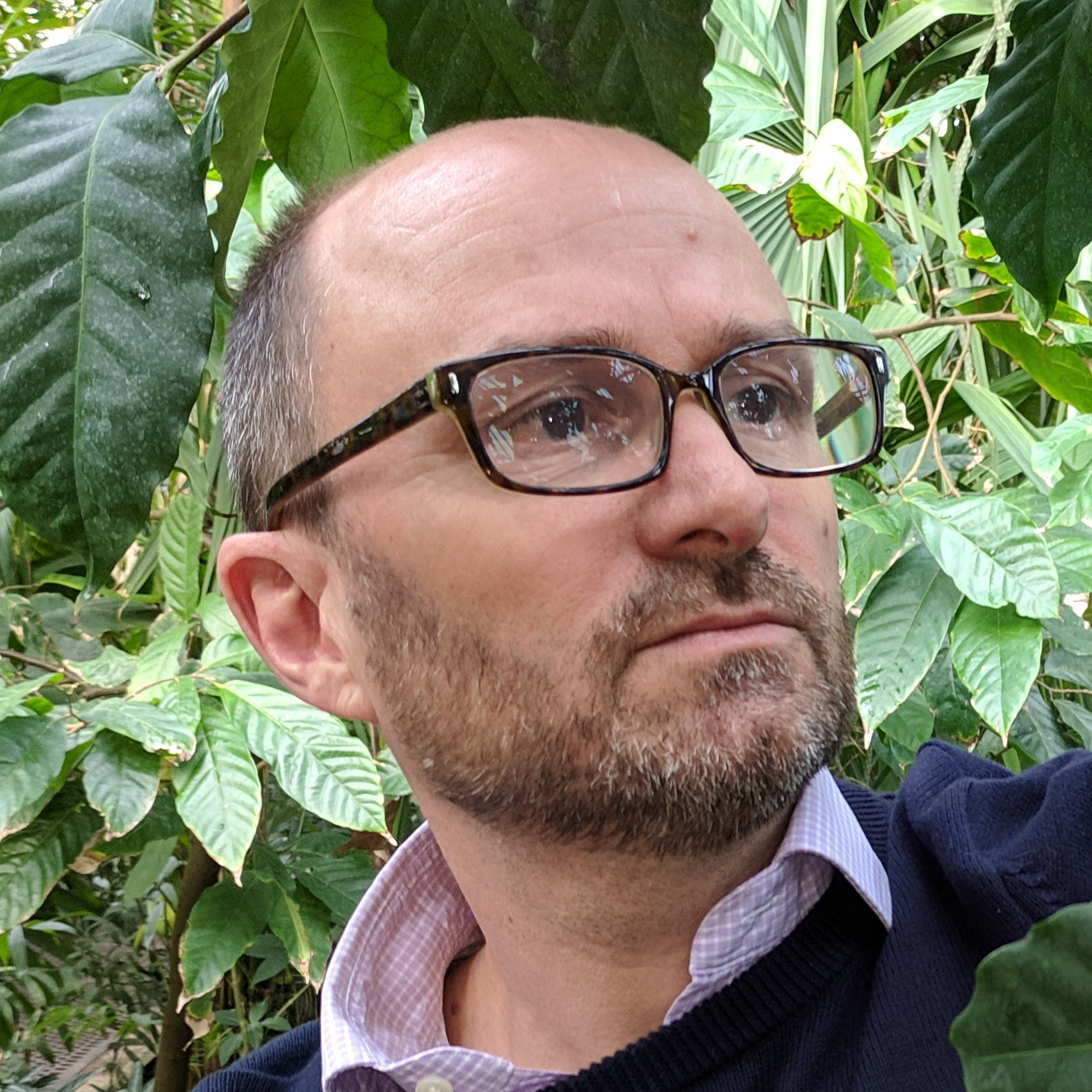
Dr. Aaron P. Davis
More Information
Dr. Aaron P. Davis, PhD, is a researcher at the Royal Botanic Gardens, Kew, specializing in coffee (Coffea) research. His work spans multiple disciplines, including systematics, evolutionary biology, climate change, plant use, and domestication. Davis is an expert in phylogenetics, conservation biology, biodiversity, and species diversity, with a strong focus on the conservation and sustainable use of coffee species in the context of climate change and environmental pressures. His research contributes to understanding the evolution and biodiversity of plants, particularly within the Coffea genus.
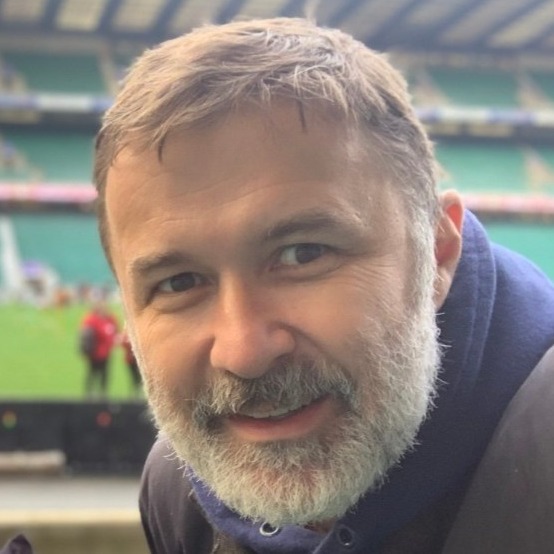
Mr. Mark Furniss
More Information
Mark Furniss is a notable figure in the coffee industry, recognized for his extensive experience in coffee trading and sustainability efforts. He has worked for over 20 years at ED&F Man/Volcafe, a significant international coffee trading company, before joining Enveritas in 2018, where he has been instrumental in establishing the organization as a leading responsible sourcing scheme.urniss has played a key role in addressing sustainability challenges in coffee production, including compliance with the European Union Deforestation Regulation (EUDR). He often speaks at industry events, sharing insights on the implications of such regulations for coffee traders and producers. His work emphasizes the importance of creating transparent supply chains and enhancing sustainability practices in the coffee sector.
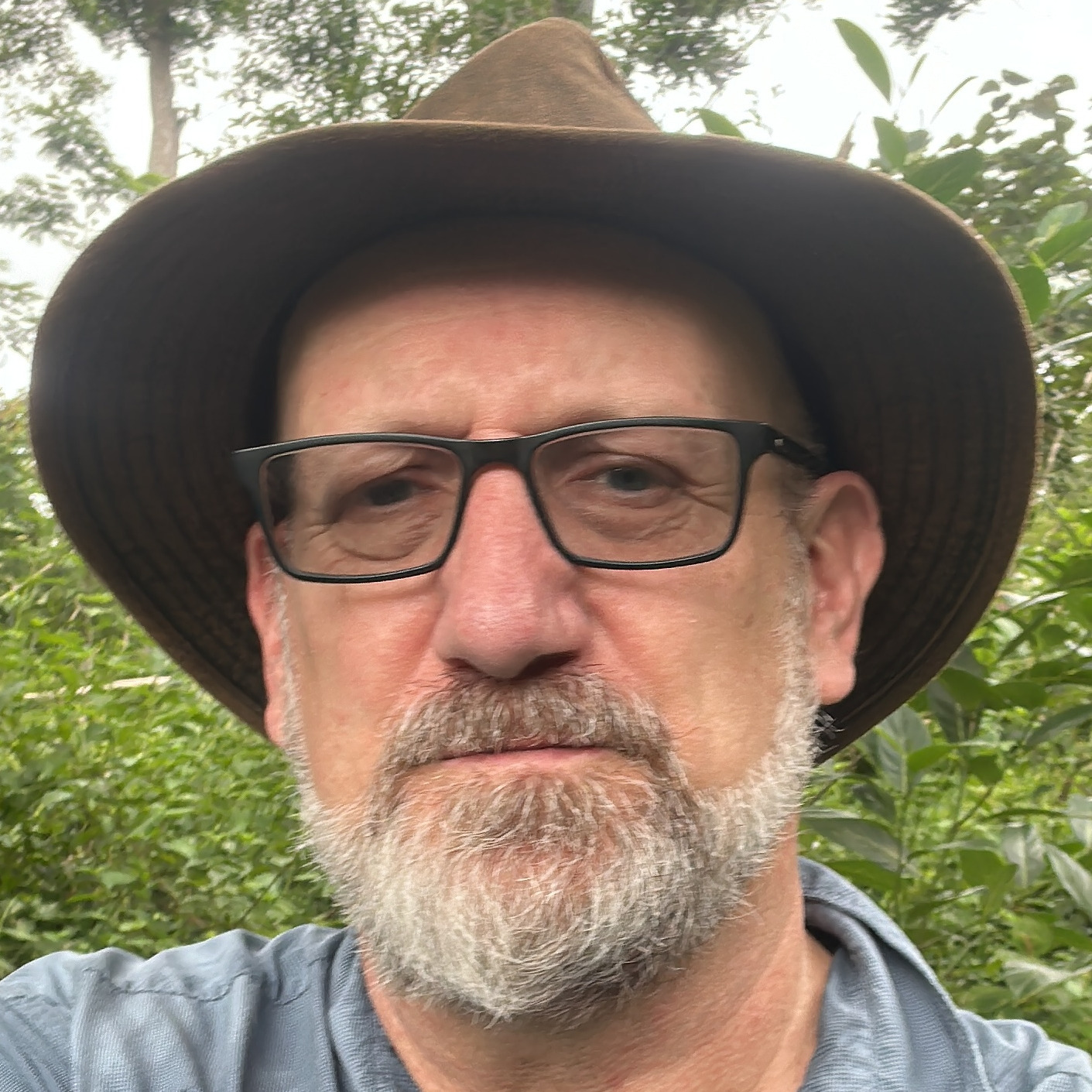
Dr. Romain Guyot
More Information
Dr. Romain Guyot is a researcher at the Institute of Research for Development (IRD) within the UMR DIADE unit. He holds a PhD from the University of Zurich, Switzerland, and specializes in Coffea genomics and evolution, contributing to the Wild Coffee Species database. His expertise spans genome sequencing, genomics, comparative genomics, molecular evolution, and bioinformatics, including NGS data analysis and genome annotation. Since January 2017, he has also served as an honorary professor at the Universidad Autónoma de Manizales in Colombia, focusing on bioinformatics and artificial intelligence.
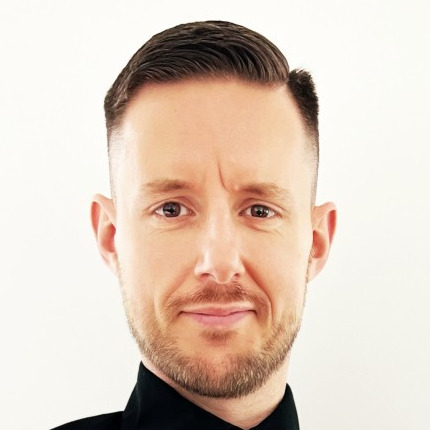
Mr. Mirko Ilowski
More Information
Mirko Ilowski held several artificial intelligence (AI) related positions in the past 10 years, across Europe and the US, which include Head of AI & Transformation, Managing Director, and Global Lead Digital Innovation as well as Interim CIO. Beyond AI, he specializes in digital transformation, and change management. His expertise includes leadership, entrepreneurship, management consulting, strategic planning, and software development. Mirko Ilowski also provides services in IT consulting, program management, project management, and UX design, making him a versatile leader in AI and business transformation.
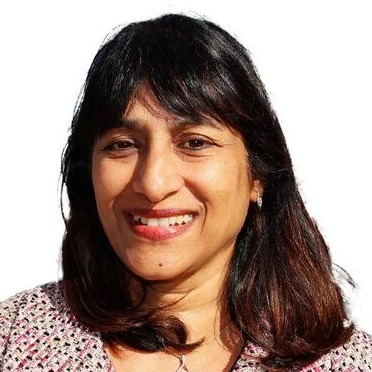
Dr. Sarada Krishnan
More Information
Sarada Krishnan is the Director of Programs at the Crop Trust (Global Crop Diversity Trust), an organization that aims to ensure the conservation and availability of crop diversity for global food security. She has extensive experience in agricultural development, biodiversity conservation, and project management. Her research focuses on the conservation and use of coffee genetic resources. At the Crop Trust, she plays a key role in implementing strategies to safeguard agricultural biodiversity, particularly through the endowment fund that supports the conservation of crop genetic resources. Her work involves collaborating with various stakeholders, including governments, research institutions, genebanks, and NGOs, to promote conservation and sustainable use of plant genetic resources to secure the future of global food supplies.
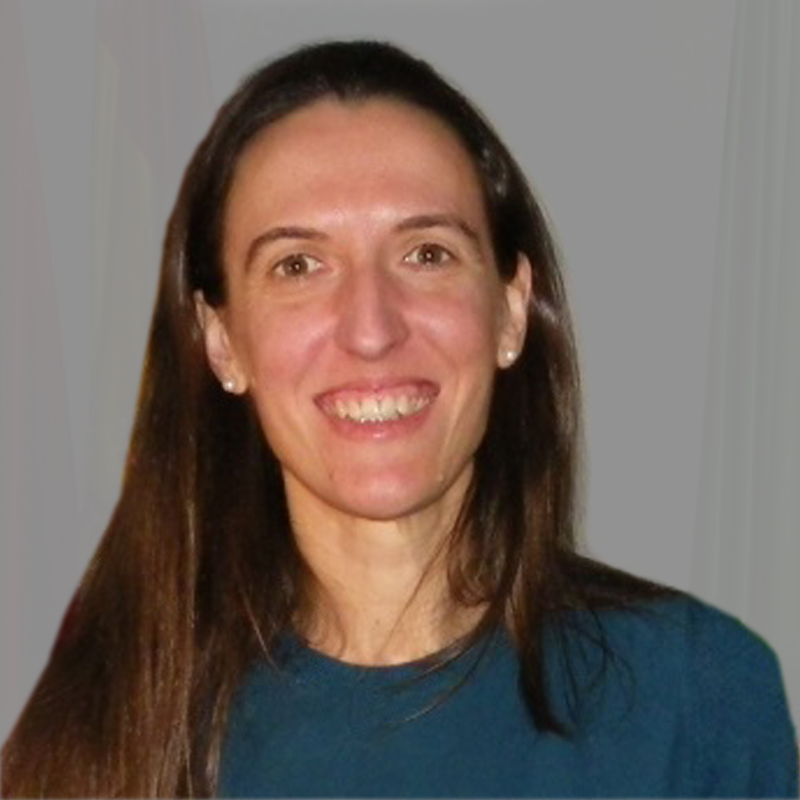
Dr. Marta Mesias
More Information
Dr. Marta Mesías is a researcher known for her work in the field of food science, particularly focusing on food safety, quality, and nutrition. She has contributed significantly to research on topics like food contaminants, bioactive compounds, and the health effects of food processing. Dr. Mesías is affiliated with various scientific institutions and has published numerous articles in peer-reviewed journals related to her areas of expertise. Her research often explores how certain cooking methods, food ingredients, or environmental factors impact the nutritional value and safety of food, as well as the potential health risks and benefits associated with these factors.
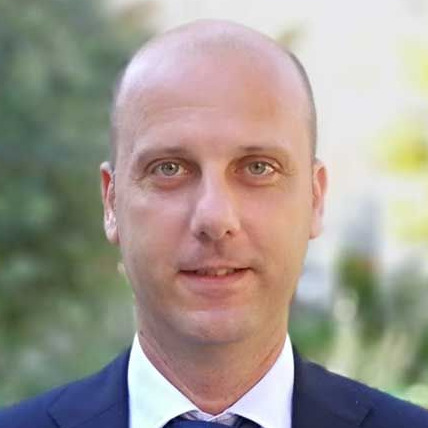
Mr. Mariano Peluso
More Information
Mariano Peluso is a Research Manager at CoffeeBI. He has nearly 20 years of experience in business intelligence, specializing in global market analysis and data surveys, with a deep knowledge of the coffee industry, particularly in B2B, HORECA, and office sectors. As Co-Founder and Partner at CoffeeBI (Coffee Business Intelligence), he oversees research methodology, drafts proposals, supervises teams, manages budgets, and presents data-driven insights with actionable recommendations to meet business objectives.
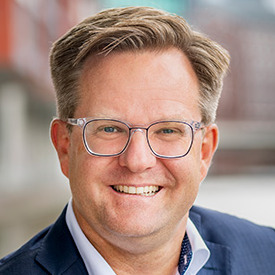
Mr. Holger Preibisch
More Information
Holger Preibisch is CEO of the German Coffee Association, which is based in Hamburg, since 2006. The German Coffee Association represents coffee companies along the value-added chain of coffee. Among the members of the Association there are roasters, decaffeinators, importers and manufacturers of soluble coffee as well as sustainability organizations, logistic companies, coffee schools and others. In the last decade the number of companies represented in the Association increased from 130 to 330. The German Coffee Association has been awarded as the "association of the year" in 2014 and in 2018. Before he joined the coffee sector Holger Preibisch worked as office manager for a member of parliament in Berlin (Prof. Helge Braun). Mr. Preibisch holds a German and a British law degree (LL.M.). He is married and has 5 children.
Speakers
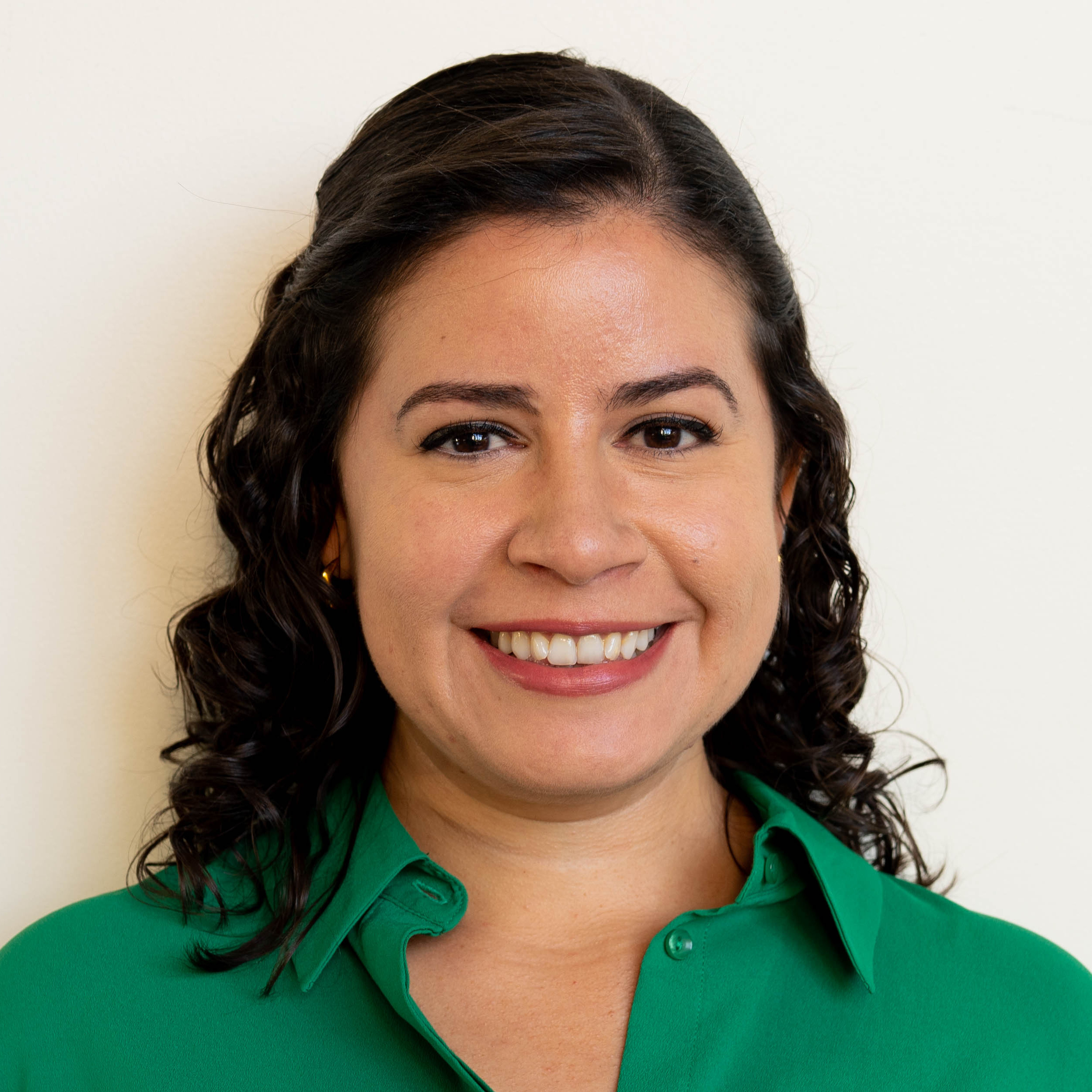
Dr. Catalina Acuña-Gutiérrez
More Information
Dr. Catalina Acuña-Gutiérrez is a researcher at the Centro para Investigaciones en Granos y Semillas (CIGRAS) at the Universidad de Costa Rica. Her work focuses on the study and analysis of grains and seeds, contributing to agricultural and food science research. Through her role at CIGRAS, she is involved in advancing the understanding of seed biology, quality, and sustainability, supporting the agricultural sector in Costa Rica.
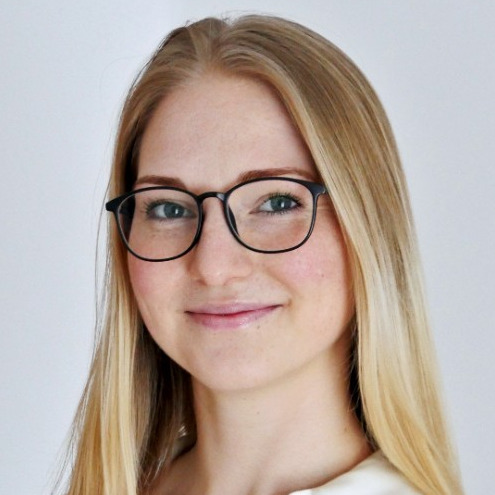
Ms. Coline Bichlmaier
More Information
Coline Bichlmaier is a researcher at the Leibniz-Institute for Food Systems Biology at the Technical University of Munich. Her expertise includes food chemistry, food analysis, and food quality, with a focus on food safety and nutrition. Skilled in structure elucidation and bioactivity analysis, she utilizes advanced techniques such as mass spectrometry and liquid chromatography. Bichlmaier is also proficient in method validation and statistics, contributing to the study of food systems and their impact on health and safety.
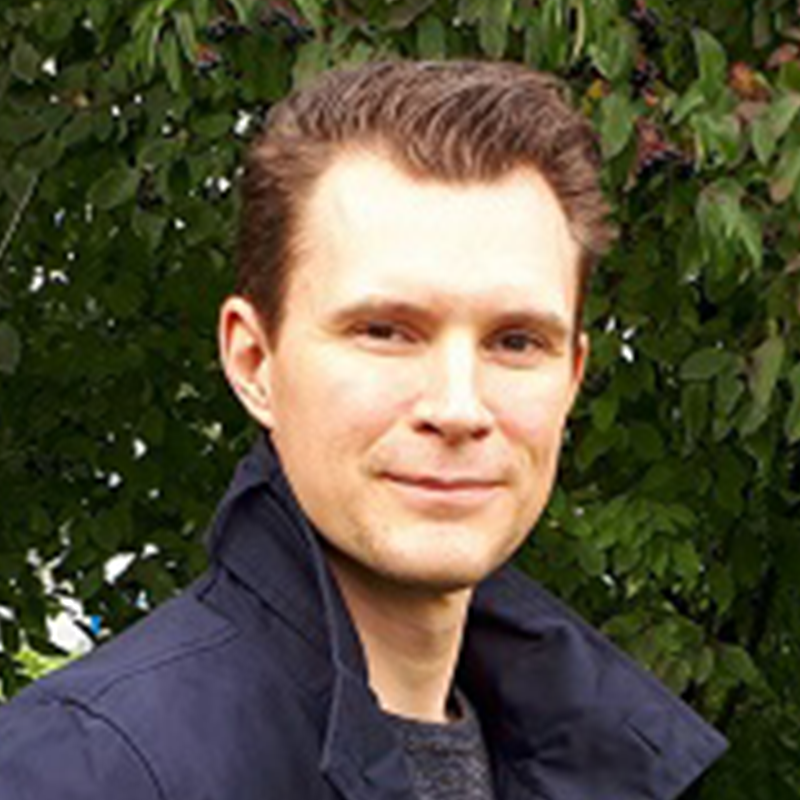
Dr. Stefan Bieber
More Information
Dr. Stefan Bieber, PhD, is a researcher at AFIN-TS GmbH and previously worked at the Chair of Urban Water Systems Engineering at the Technical University of Munich. His research focuses on environmental analytical chemistry, with expertise in chemical analysis, spectrometry, chromatography, and separation science. Dr. Bieber has contributed to the field through his work on the management of trace organic chemicals in water, as highlighted in his recent publication. He also has skills in strategy and management related to chemical analysis and environmental systems.
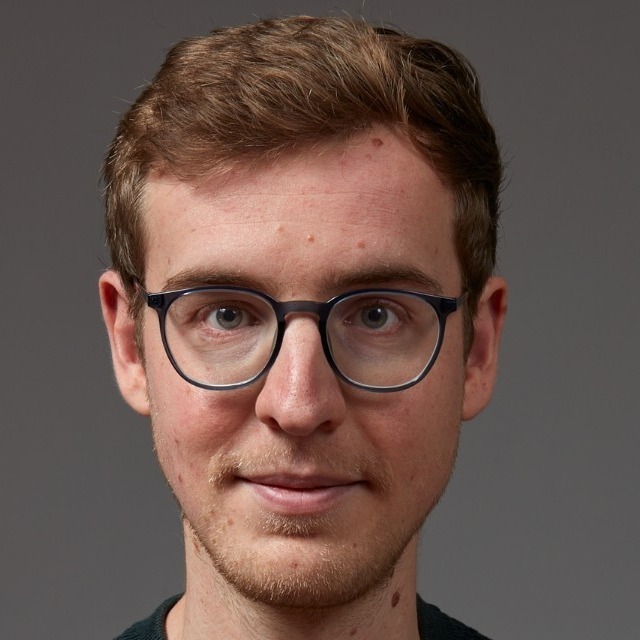
Mr. Wisse ten Bosch
More Information
Wisse ten Bosch is an Environmental Footprint Specialist at JDE Peet's, where he has worked since February 2022. Based in Utrecht, Netherlands, he is part of the Global Sustainability team, responsible for managing environmental impact data and models to support the company’s climate strategy. With strong analytical skills and a specialization in Life Cycle Assessment (LCA), ten Bosch focuses on measuring environmental impact, corporate climate strategy, and embedding sustainability in business practices. He holds a Master of Science in Industrial Ecology from Delft University of Technology and has expertise in carbon accounting, sustainability reporting, decarbonization, and climate change mitigation.
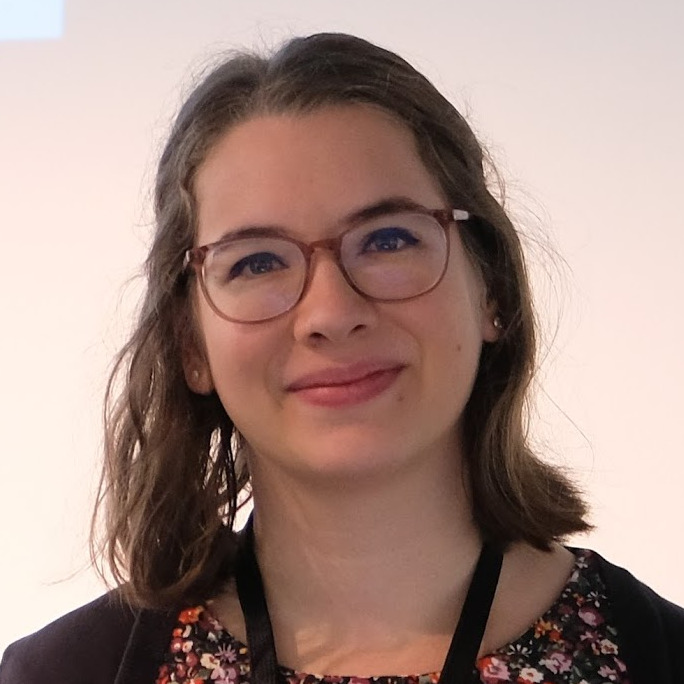
Ms. Catherine Kiefer
More Information
Catherine Kiefer holds a Master of Science and is currently affiliated with the Institute of Instrumental Analytics and Bioanalytics (IA) at Hochschule Mannheim. Her expertise lies in metabolomics, with a strong focus on ion mobility spectrometry (IMS) and mass spectrometry as well as gas chromatography. Catherine is skilled in method development, gas chromatography (GC), high-performance liquid chromatography (HPLC), high resolution mass spectrometry (HRMS), and also has proficiency in Python for IMS data analysis. Her work contributes to advancing analytical techniques in bioanalytics and metabolomics research.
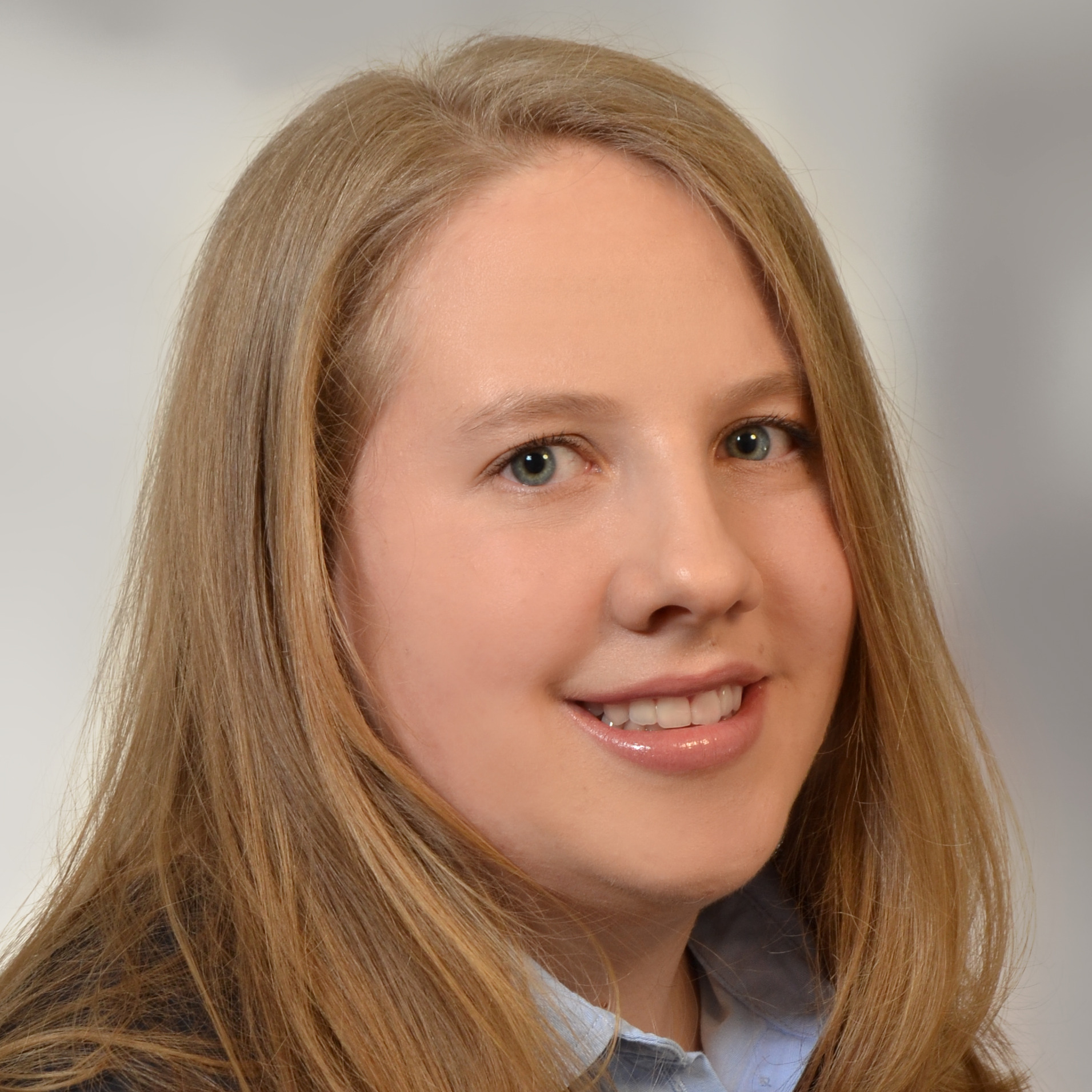
Ms. Ann-Kathrin Kull
More Information
Ann-Kathrin Kull is a specialist in food chemistry at the Chemisches und Veterinäruntersuchungsamt (CVUA) Karlsruhe. Her expertise focuses on analyzing and ensuring the safety and quality of food products. Through her work at CVUA, she contributes to food safety assessments, applying her knowledge in food chemistry to protect consumer health and uphold regulatory standards.
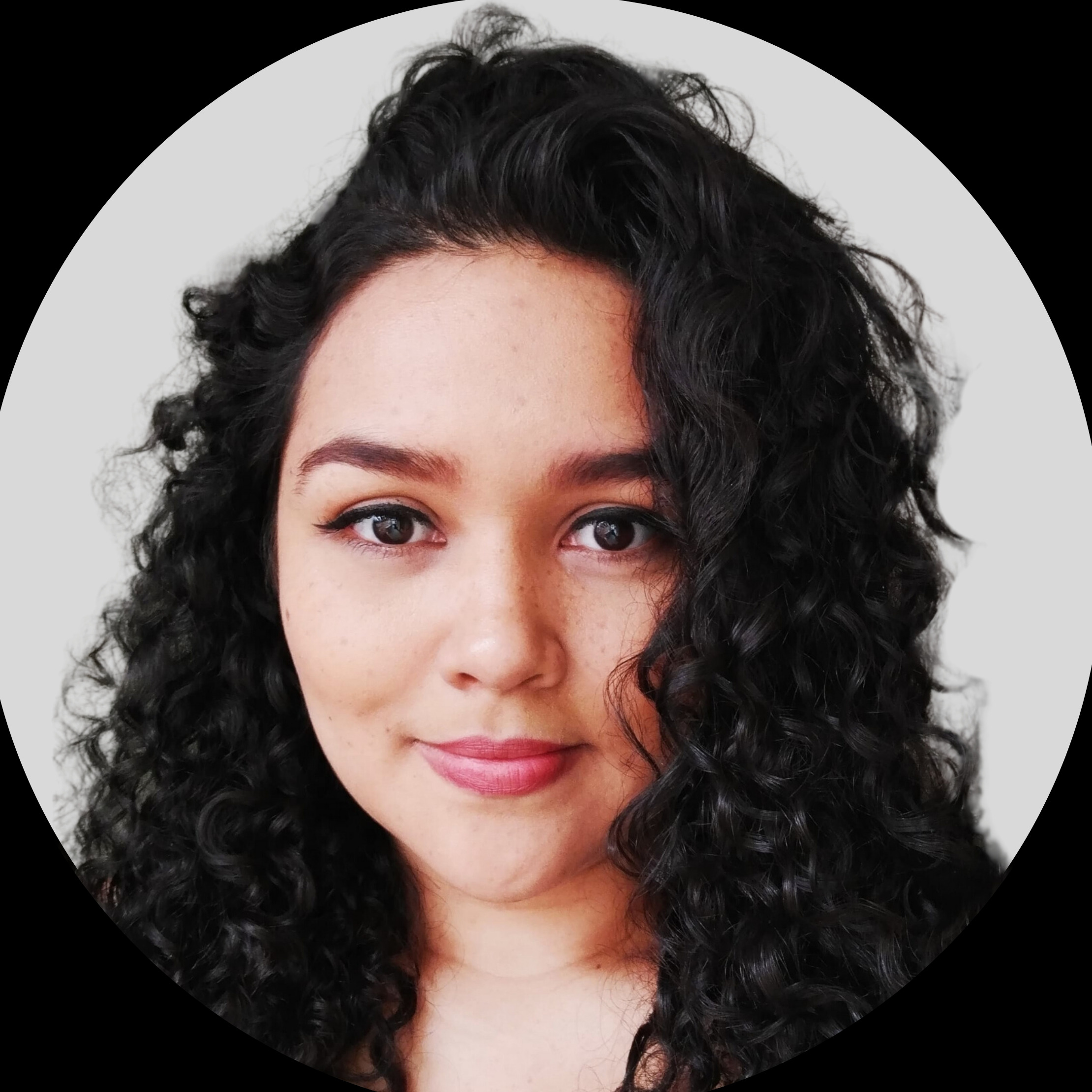
Ms. Marcela Martínez Castaño
More Information
Marcela Martínez Castaño is a Food Engineer with a Master’s degree in Science, Technology, and Innovation Management (CTeI). She has expertise in engineering, business models, entrepreneurship, auditing, regulatory affairs, and food industry processes. Her skills include the physicochemical analysis of food and laboratory best practices, with a focus on ensuring food quality and safety throughout production. Additionally, she has experience in creating and implementing methodologies to enhance science, technology, and innovation capacities within coffee-growing communities. Marcela is highly responsible, disciplined, and committed, excelling in communication and teamwork. She is dedicated to continuous learning and the development of innovative research projects.
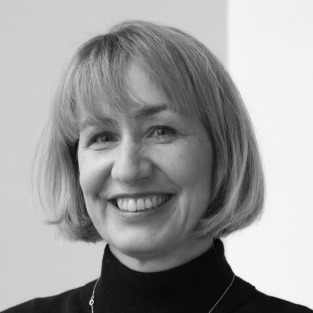
Prof. Dr. Kirstin Kohler
More Information
Prof. Kirstin Kohler is a professor at Mannheim University of Applied Sciences, where she specializes in User Experience Design and Design Thinking. She coordinates the inno.space, an innovation hub at the university, which fosters innovation through interdisciplinary collaborative, hands-on projects with external partners from industry and society. Her work emphasizes the importance of user-centered and sustainable design while solving complex problems and creating new services and products. She holds a degree in computer science and biology and has more than 20 years of experience in the area of digital innovation.
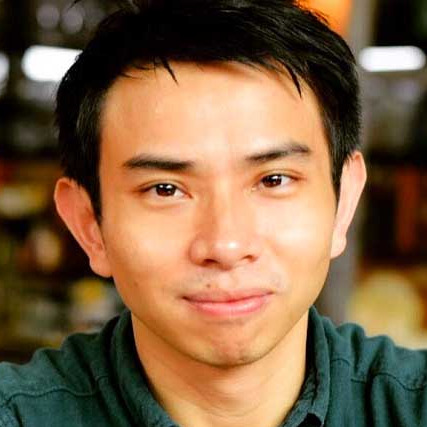
Dr. Kenny Wee Ting Lee
More Information
Kenny Lee Wee Ting from Malaysia is particularly known for his efforts to promote Sarawak's unique coffee culture. He co-founded Earthlings Coffee Workshop, a café and educational hub for coffee enthusiasts, in Kuching, Sarawak. Kenny has an extensive background in coffee, having earned numerous qualifications, including being a certified roaster and a licensed Q grader, which highlights his expertise in coffee quality evaluation. His contributions to the coffee scene include organizing events like the Borneo Coffee Symposium and advocating for the Sarawak Liberica coffee variety. Kenny aims to elevate the status of this local coffee type, which has historically been overlooked compared to more popular varieties like Arabica and Robusta.
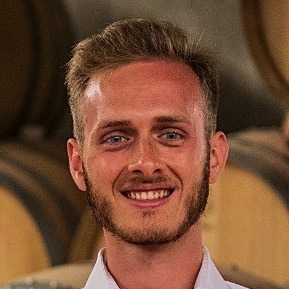
Mr. Filippo Maggioni
More Information
Filippo Maggioni represents BASF Agricultural Solutions, where he plays a key role in initiatives aimed at supporting small-scale coffee growers. He is involved in Kajve, a program focused on improving sustainability and productivity in coffee farming. Through this initiative, Filippo works to enhance farming practices, increase yields, and promote environmental stewardship, helping to strengthen the livelihoods of coffee producers while advancing sustainable agricultural solutions.

Mr. Ernest George Mhlanga
More Information
Ernest George Mhlanga is the owner of Bioroots ApS, Copenhagen, Denmark. He received his Bachelor's degree in Human biology and microbiology from the University of Otago (New Zealand) and subsequently completed his Master of Science in plant secondary substances (plant chemistry) at Københavns Universitet, University of Copenhagen . He is now Director and technology and product developer at Bioroots ApS.
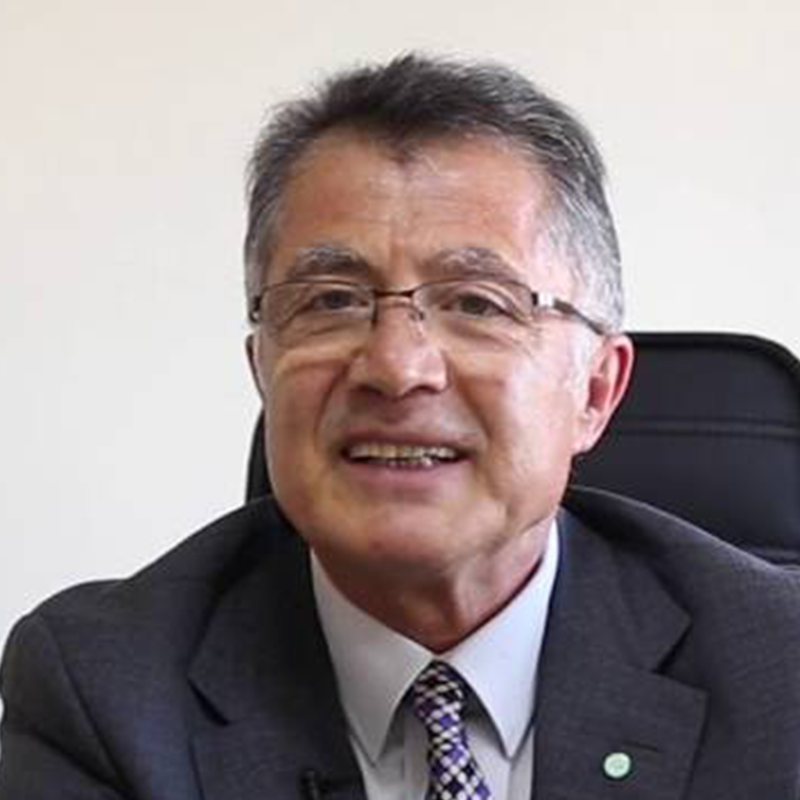
Prof. Dr. Haydar Özpınar
More Information
Prof. Dr. Haydar Özpınar is the Head of Gastronomy Science at Altınbaş University in Istanbul, Turkey, and formerly affiliated with Istanbul Kemerburgaz University. As a professor in Gastronomy Science, he specializes in the study and teaching of culinary arts, food science, and the cultural aspects of gastronomy. With extensive expertise in the field, Dr. Özpınar plays a key role in shaping the academic and practical knowledge of gastronomy in Turkey.
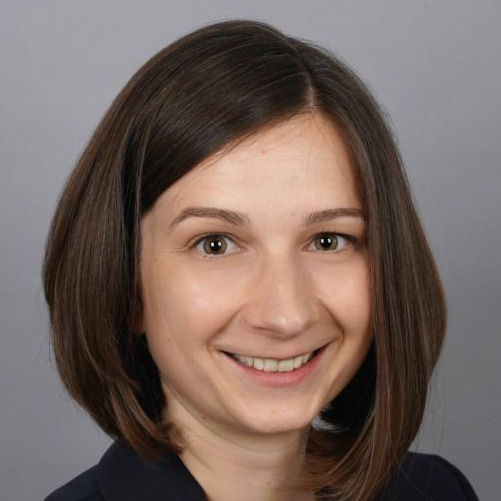
Ms. Alice-Jacqueline Reineke
More Information
Alice-Jacqueline Reineke completed her Master of Science studies and subsequently worked for four years in a laboratory as a technical assistant, where she gained extensive experience with various analytical techniques. She then joined the Sino-German International Research Training Group, focusing on the "Adaptation of maize-based food-feed-energy systems to limited phosphate resources" as a doctoral researcher. Her current research centers on NIR spectra processing and hyperspectral imaging, with her dissertation titled “In situ detection of phosphate status in soil by hyperspectral imaging.” In addition to her research, she supervises BSc and MSc students and supports various agricultural and food science projects within her research group.
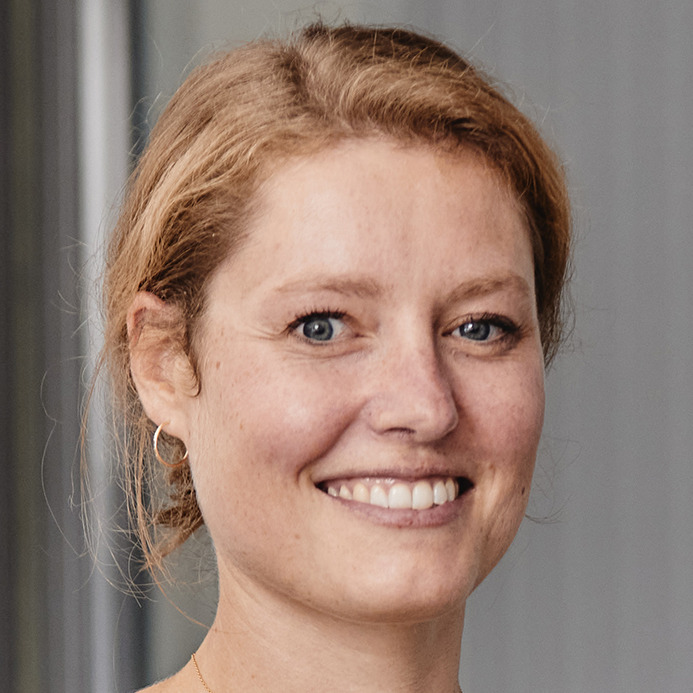
Ms. Pia Rothe
More Information
Pia Rothe is a GIS and Sustainability Analyst at GRAS - Global Risk Assessment Services, where she has worked since 2017. In this role, she focuses on geographic information systems (GIS) and sustainability analysis support the development of the GRAS webtool, performance of sustainability analysis with a focus on deforestation detection, remote sensing data processing, supply chain mapping and social risk. Previously, she worked for an agricultural commodity trading company as market analyst as well as in research institutions in the field of agricultural economics and LC/LU modelling, climate change and GIS analysis. With experience in both sustainability analysis and executive support, she has a diverse background in business and environmental risk management.
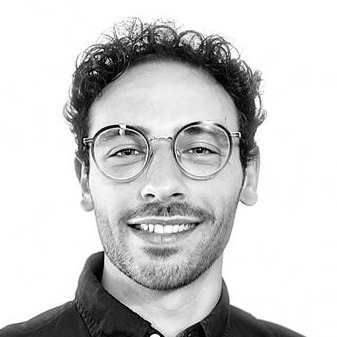
Mr. Davide Rovelli
More Information
Davide Rovelli is a PhD student at the Department of Food and Drug at the University of Parma. He is currently working on the application of omic techniques on coffee by-products. Specifically, he implements high and low resolution mass spectrometry platforms in order to obtain a complete fingerprint of the matrix and guide the identification of interesting metabolites. With his research, Davide would like to contribute to the development of new nutraceuticals and the valorization of coffee by-products through modern and advanced analytical techniques.
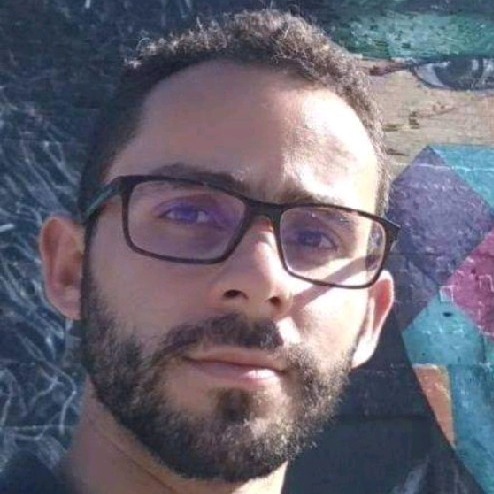
Mr. Diego Alejandro Salinas-Velandia
More Information
Diego Alejandro Salinas- Velandia is an agricultural engineer with a master's degree in interdisciplinary studies on development. He is involved in research focused on food security and sustainable local economic development, particularly through participatory approaches in agriculture. His work includes formulating and managing projects that aim to enhance the productive capacities of Afro-descendant, indigenous, and farming communities by promoting the use of diverse seeds and local food cultures. Salinas- Velandia has also worked with AGROSAVIA (the Colombian Corporation for Agricultural Research) and has published research related to agricultural practices, including the development of climate-resilient potato varieties. His efforts contribute to improving food security and adapting agricultural practices to changing climate conditions.
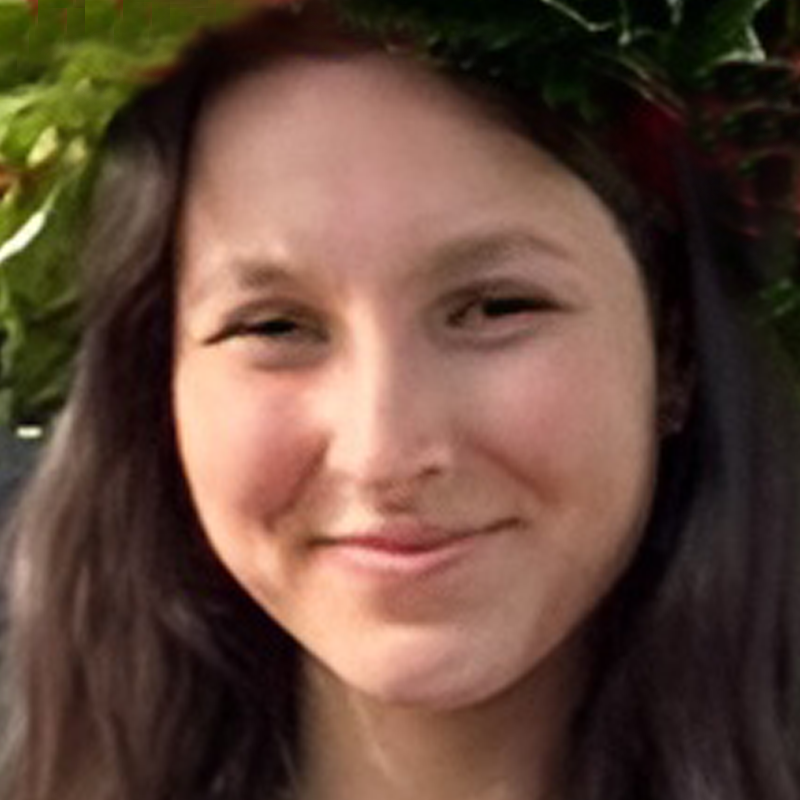
Ms. Sara Triachini
More Information
Sara Triachini is a PhD candidate at Università Cattolica del Sacro Cuore, where she has been researching since January 2022. Her work focuses on how Italian coffee roasting companies approach sustainability, with a particular emphasis on the role of blockchain technology in enhancing supply chain traceability and transparency. She holds a Bachelor's degree in Food Science and Technology from Università Cattolica del Sacro Cuore (2016–2019) and a Master's degree in Food Science and Food Risk Management from Università degli Studi di Parma (2019–2021). Sara’s research aims to improve sustainability practices in the coffee industry.
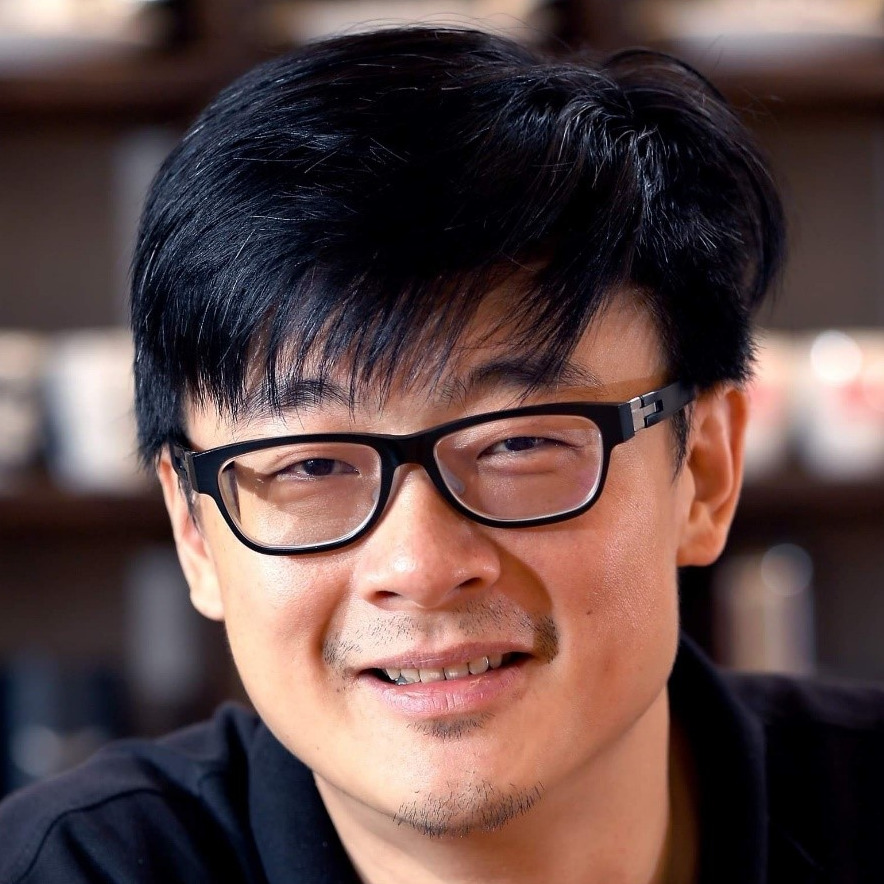
Mr. Chih-Yu Tsai
More Information
Tsai Chih-yu (Yuing) started his coffee career in 1996. In 2005, he founded his own coffee shop, daVinci Coffee. By 2012, he had become a professional coffee instructor. In addition to his business ventures in coffee, Tsai is actively involved in various coffee activities, including teaching coffee courses at universities, organizing coffee events, festivals, and exhibitions. Tsai Chih-yu (Yuing) currently serves as the Chairman of the Taiwan Coffee Development Association and the Chairman of the Taiwan Coffee Industry Strategic Alliance. He fosters collaborations across different sectors of the coffee industry, extending his influence not only within Taiwan but also globally.

Dr. Francisco Velazquez Escobar
More Information
Dr. Francisco Velazquez Escobar is a Postdoctoral researcher in the Department of Chemistry at Technische Universität Berlin, where he has worked since February 2008. His expertise lies in the fields of quantum mechanics, spectroscopy, and physical chemistry. He specializes in techniques such as Raman spectroscopy, UV-visible spectroscopy, and fluorescence, with a focus on hydrogen bonding, photophysics, and molecular dynamics simulations. Dr. Velazquez Escobar's research contributes to the understanding of molecular interactions and dynamics through advanced spectroscopic methods.
